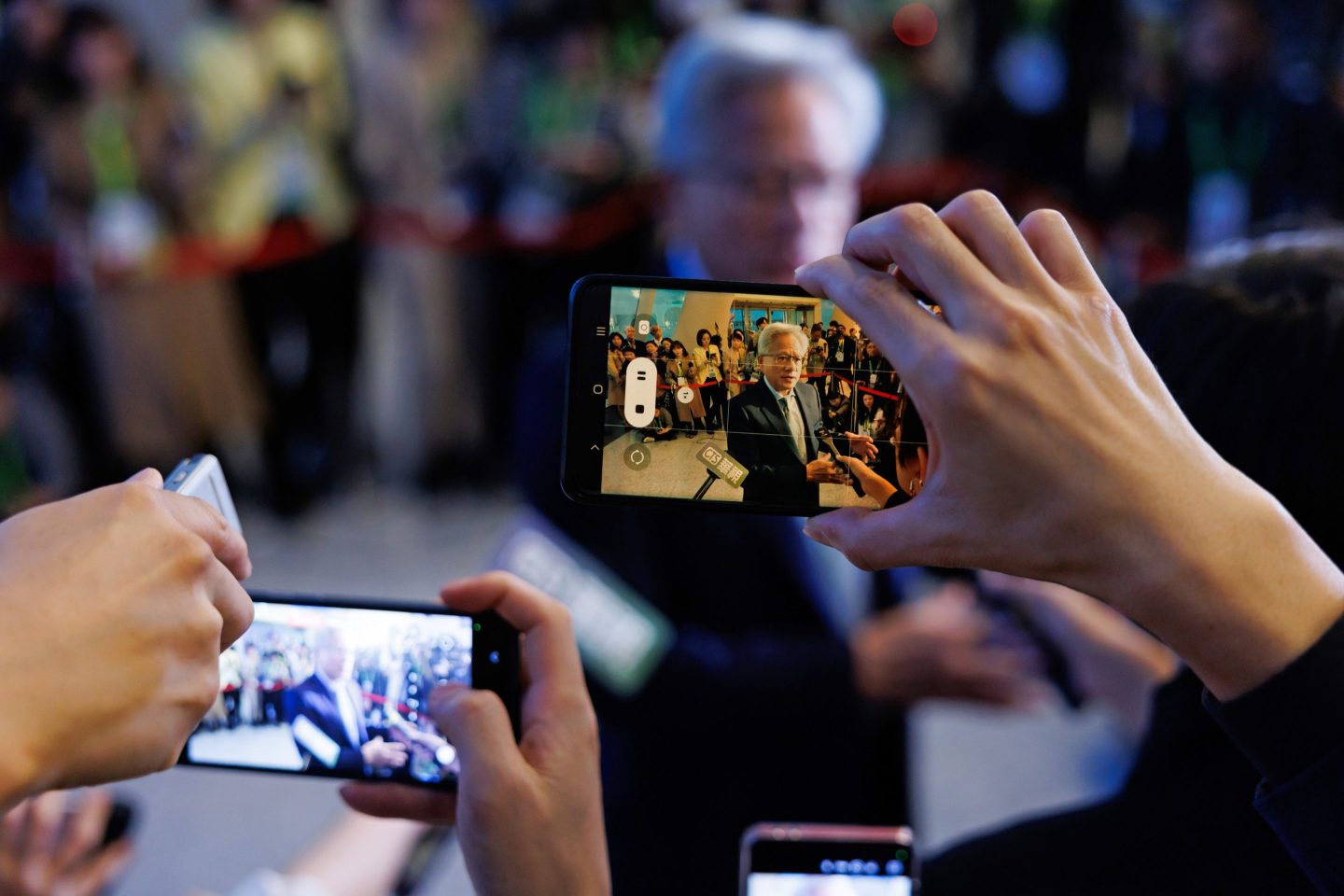Good morning!
Like any untreated health condition, ignoring poor mental health can have negative long-term consequences. So, as American workers grapple with a loneliness epidemic and record-high levels of depression and workplace burnout, employers are scrambling to incorporate mental health support into their workplace culture and benefit offerings.
The need for mental health support hasn’t waned since the acute stages of the pandemic. According to meditation and mental health platform Headspace’s 2023 Workforce Attitudes Toward Mental Health report, 49% of employees feel a sense of dread at work at least once per week. Workers cite instability and a constant feeling of unpredictability in the office, feeling overwhelmed by expectations to take on greater job responsibilities, and rising job expectations and a failure to meet them as the top three drivers of workplace dread.
“I think the pandemic certainly accelerated the awareness in the need [for mental health benefits], but post-pandemic, we haven’t seen any retrenchment in need. The elevated mental health concerns have remained,” Russ Glass, CEO of Headspace, which serves 4,000 employers across 200 countries, told Fortune’s Michal Lev-Ram during last week’s Leadership Next podcast. “These are the stats that companies are having to deal with right now. And so they’ve maintained a focus on it.”
So what’s working and what’s not when it comes to mental health support? According to Glass, employers are succeeding at implementing culture change, normalizing mental health conversations, focusing on prevention, and putting resources in place to improve treatment access.
But Glass warns that if employers overlook prevention, they could face the long-term impact within the workplace. “Unless you focus on prevention, you’re missing a huge percentage of the population that’s quietly suffering, that are either facing dread on a pretty consistent basis or are seeing elevated stress levels that ultimately will lead to burnout,” he says.
Another key—yet tricky—aspect of addressing workplace mental health is striking the right balance on schedule and location flexibility. Glass notes that humans are social creatures by nature, and “when that’s pulled away from us, of course, there’s going to be loneliness. Of course you’re going to have people that are suffering,” he says. But he also warns employers against punishing employees who need or prefer flexibility, especially those who rely on remote work for reasons like childcare.
“It’s important as leaders to recognize both sides of this and work toward developing opportunities and helping people recognize that going to the office is actually going to be valuable for you and the organization,” Glass says.
Paige McGlauflin
paige.mcglauflin@fortune.com
@paidion
Reporter's Notebook
The most compelling data, quotes, and insights from the field.
American workers, especially those that are college educated, are setting high expectations for their desired salaries. The average reservation wage, or lowest annual pay that workers would accept for a new job, hit a record high of $78,645 in July, according to a Federal Reserve Bank of New York survey released on Monday.
College graduates expect a $98,600 annual salary to take a new job, compared to $63,300 for non-degree holders, the survey found.
Around the Table
A round-up of the most important HR headlines.
- Asian companies have the strongest desire to bring employees back to the office, new research finds. American companies are the least worried about losing social connections through remote work. Harvard Business Review
- Some women are taking second jobs as baristas or cashiers that provide them access to fertility benefits. Wall Street Journal
- Thousands of lucrative finance jobs have opened up in the South as big firms and some employees emigrate from New York and California. Bloomberg
- Weekday socializing and communicating has plummeted post-pandemic—remote work is partly to blame as organic social opportunities decline. Business Insider
Watercooler
Everything you need to know from Fortune.
New age networking. Step aside, romantics. Grindr is on a mission to LinkedIn-ify itself. The LGBTQ+ dating app reports that a quarter of users leverage Grindr for professional networking. CEO George Arison admitted he hired people he met on the app. —Orianna Rosa Royle
Weekend shifts. A majority of hybrid employees say they worked on Saturdays in July to make up for days they took off in the middle of the week, according to new data. Though some see this as scheduling freedom, the flexibility may not benefit everyone. —Chloe Berger
Waterworks. While some billionaires ramp up return-to-office mandates for their employees, others enjoy remote work from the comfort of their superyachts. Richard Lambert, head of sales at Burgess Yachts, tells Fortune that on-board offices that emerged in the pandemic are still trendy among the ultrawealthy. —Jane Thier
This is the web version of CHRO Daily, a newsletter focusing on helping HR executives navigate the needs of the workplace. Sign up to get it delivered free to your inbox.












